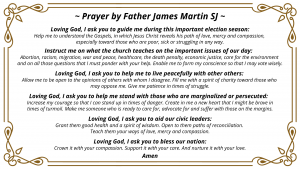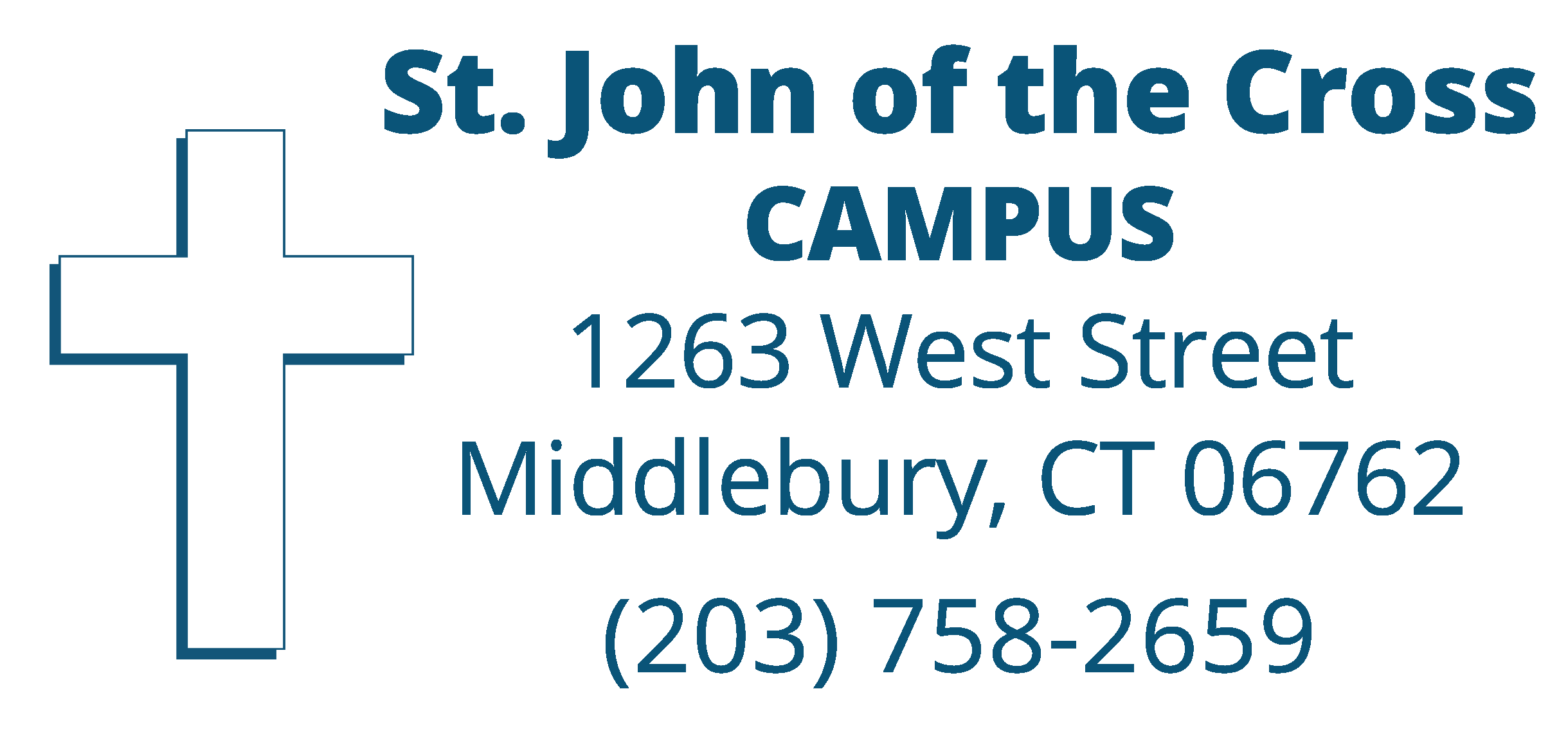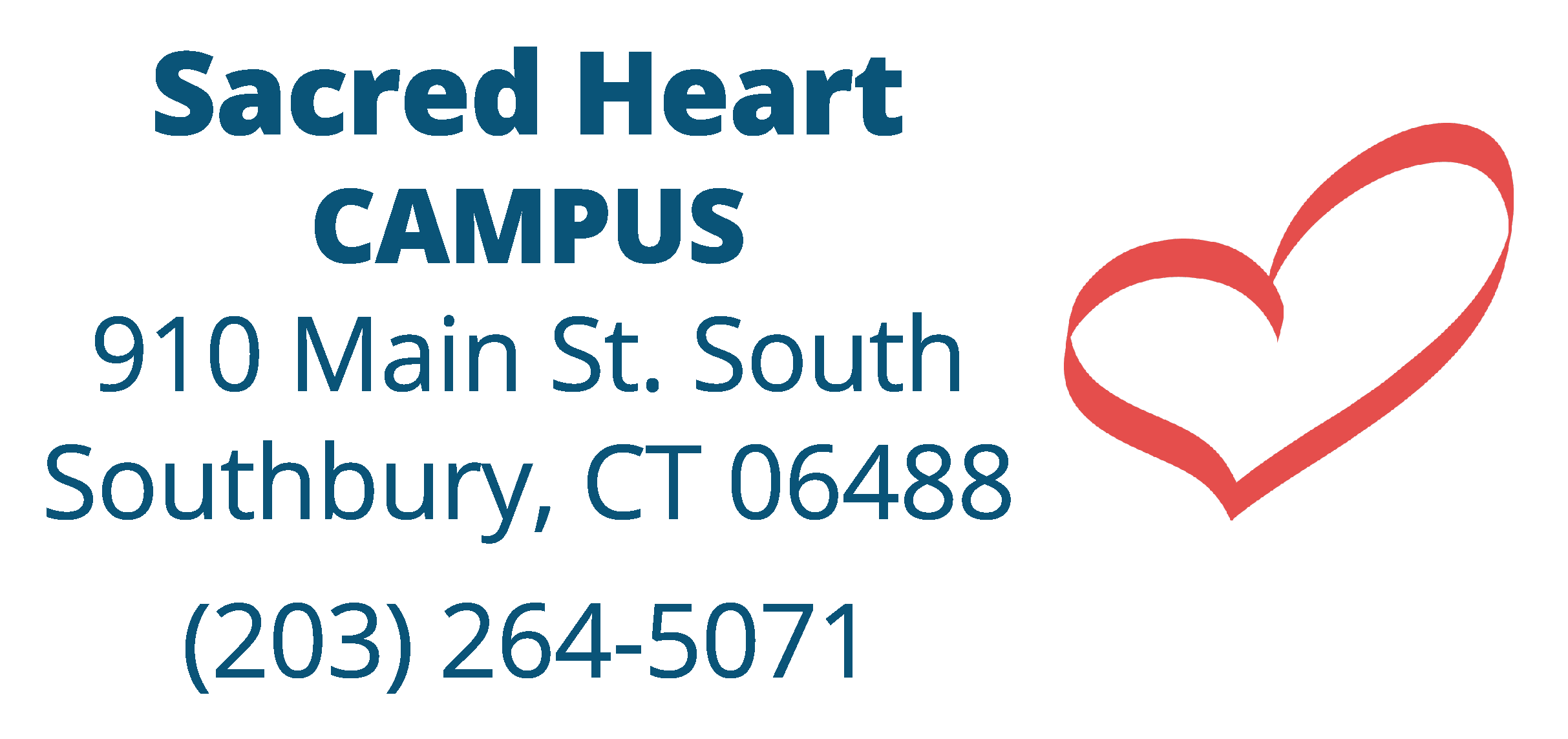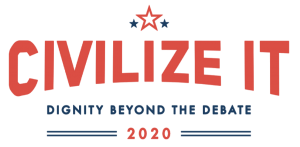Please watch: Catholic Priest: You won’t go to hell for your voting stance video

As a people of faith, it’s important that we remember we have a moral obligation to uphold, founded in the teachings of Jesus and of the Church. Please take the time to watch this video as it will help you make the best possible moral, faith-filled choice as you vote in this election. Watch it, share it, and vote. Click here.
Examination of Conscience: Loving Our Neighbors in the Public Square
Pope Francis reminds us that in the Gospel of Matthew we are called to be “salt of the earth and light of the world.”
“Although there are many reasons to be discouraged, amid many prophets of destruction and condemnation, and so many negative and despairing voices, may you be a positive force, salt and light for this society. Like the engine of a train, may you be the driving force leading all towards their destination. May you be sowers of hope, builders of bridges and agents of dialogue and harmony.” – Pope Francis, Message during Apostolic Journey, April 29, 2017
How are we each called to be “salt and light”? What does it look like to be “builders of bridges” and “agents of dialogue,” especially in an atmosphere where vitriol and personal attacks have become more common? How do Pope Francis’ words challenge us to engage in public life differently? Through prayer and reflection, formed consciences and civil dialogue, we can bring the convictions of our faith to our participation in civic life.
–Continue…oct11Examination_of_Conscience
Make Me an Instrument of Your Peace: A Prayer for Civility
Lord, make me an instrument of your peace.
Where uncivil words prevail, show me how to model love.
Help me remember the God-given dignity of all and invite others to do the same.
Show me how to build bridges and not walls and see first what unites us rather than how we diverge.
Let me seek to understand before asking to be understood.
Give me a listening heart filled with empathy and compassion.
May I be clear in sharing my own position and respectful and civil in describing those of others.
Let me never tolerate hateful ideas.
May I invite all to charity and love.
Lord, help me to imitate your compassion and mercy.
Make me an instrument of your peace.
Amen.
Inspired by Nine Rules for Civility from the Catholic Tradition, Bishop Zubik
Oct4Prayer_for_Civility
What does it mean to form my conscience?
Catholics have a long tradition of engagement in the public square. Sometimes that engagement requires making difficult moral decisions that impact our own lives and those of others. Our conscience can help guide the decisions we make. The Second Vatican Council guides us: “Always summoning [one] to love good and avoid evil, the voice of conscience can when necessary speak to [one’s] heart more specifically: do this, shun that” (Gaudium et Spes 16). However, our conscience doesn’t just come to us when we are born. We must work throughout our lives to form it through prayer, learning, and conversation.
–Continue… Sept27CivilizeIt_Conscience_Formation
Civil Dialogue: A response to Jesus’ call to love our neighbor
Jesus uses the parable of the Good Samaritan to answer a question that is both searing and simple: “Who is my neighbor?” (Luke 10: 29). Our familiarity with this parable makes it easy for us now to identify as “neighbor” those on the margins of our society such as those experiencing homelessness or poverty. But how often do we see our neighbor in the person who disagrees with us?
As Catholics, our strong tradition of social teaching compels us to be actively engaged in the building up of our communities. This is achieved by being involved in the political process—and yet today, many shy away from such involvement because our national and local conversations are filled with vitriol and harsh language, often directed at people themselves. When personal attacks replace honest debate, no one wins. This kind of attack, no matter the reason, only serves to further divide our communities.
What is needed is good, honest, civil dialogue. This means that we must treat everyone as worthy of being at the table, worthy of our respect, and worthy of being heard. In short, it means treating everyone as our neighbor.
–Continue… Sept20CivilizeIt_Reflection
A divided country. Fights at the dinner table. Political vitriol. What does it mean to love our neighbors in the midst of such a climate?
As Catholics, we have a long tradition of engagement in the political process as a means of putting our faith into action. We are called to bring the best of ourselves and our faith to the public square—and yet today, many shy away from such involvement because our national and local conversations are filled with vitriol and harsh language, often directed at people themselves. When personal attacks replace honest debate, no one wins. This kind of attack, no matter the reason, only serves to further divide our communities. As Catholics, we must model a better way. We invite you to join the Civilize It campaign by taking the pledge below as a way to promote civility, love our neighbors, and build community. Civilize It is about making room in your heart for those with whom you disagree. We are called to recognize that each one of us is a beloved child of God and to respond in love to that reality. Civilize It is a non-partisan call to focus on the dignity of all people, even when we disagree, and to put faith in action by bearing witness to a better way forward.
Click the link below and take the pledge as an individual, family, or community. Anyone and everyone can commit together to honoring human dignity through civil conversation!



